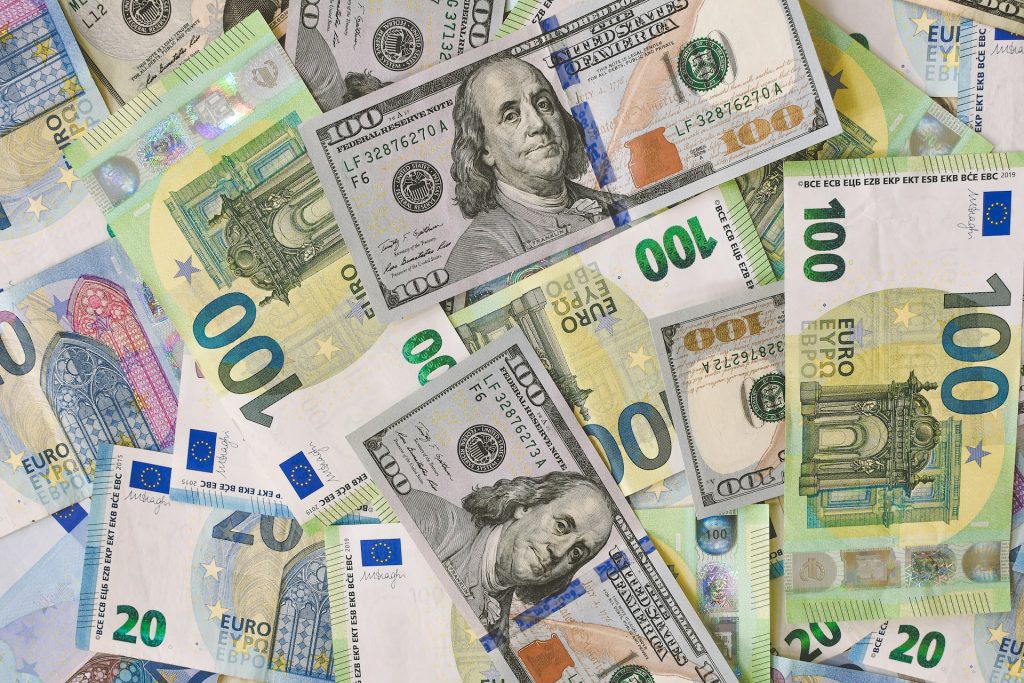
The Climate Imperative: Nobel Laureate Stiglitz Calls for $300bn IMF Aid for Developing Nations
Marrakech, Morocco – In an emphatic appeal at the International Monetary Fund’s annual meeting, Nobel prize-winning economist Joseph Stiglitz has championed an ambitious proposal: Grant poor countries a staggering $300bn (£246bn) annually to accelerate their fight against the looming climate crisis.
A Global Green Stimulus
Drawing a parallel to the US Inflation Reduction Act — a blend of grants and subsidies aimed at promoting green-centric growth and employment — Stiglitz stressed that developing countries need a similar lifeline. He pointed out that while the US-led initiative had its own set of shortcomings, it was, undeniably, bearing fruit.
However, the Nobel laureate cautioned that replicating a plan of such scale was beyond the financial capacity of most developing nations. To bridge this financial chasm, Stiglitz urged affluent nations to back the creation of $300bn in IMF special drawing rights (SDRs) annually, which would then finance a worldwide shift to greener practices and infrastructures.
The seasoned economist acknowledged the political complexities of getting such a plan ratified, especially given the current impasse in the US Congress. Yet, he remains undeterred. “The mounting repercussions of climate change will soon demand drastic interventions. When we are at our wits’ end, facing escalating environmental perils, this proposal for annual SDR allocations will be a beacon,” Stiglitz opined.
A Global Concern at the Forefront
The pressing need to mobilize financial resources to assist underprivileged nations in battling climate change repercussions and transitioning to carbon-neutral economies took center stage at the IMF and World Bank’s joint annual gathering in Morocco.
Having previously held the position of chief economist at the World Bank, Stiglitz commended the emerging plans to bolster the bank’s green project lending capital. Nonetheless, he was quick to note that the present proposals barely scratch the surface of what’s truly required.
Understanding Special Drawing Rights (SDRs)
For those unfamiliar with the jargon, SDRs function as an international reserve asset, enabling nations to swap them for hard currencies, effectively serving as a credit facility. Echoing the mechanics of quantitative easing, the IMF sanctioned a hefty $650bn tranche of SDRs in 2021, as a countermeasure to the economic fallout from the COVID-19 pandemic. Interestingly, wealthy nations, finding no pressing need for their allocations, opted to redirect some of their SDRs into exclusive IMF funds, designed to uplift struggling economies.
In Stiglitz’s words, the premise of SDRs is tantamount to “printing money.” He further elucidated, “The process wouldn’t stoke inflation, but its impact would be nothing short of revolutionary.”
The Bigger Picture
Zooming out, Stiglitz underscored the criticality of involving developing nations in the global climate solution matrix. He contended that regardless of the environmental measures adopted by Western powerhouses, if emerging economies don’t significantly curtail their emissions, the world’s efforts would be in vain. The dire need of the hour, as Stiglitz sees it, is to foster a cooperative global spirit, rather than alienating key players.
Reflecting on the US Inflation Reduction Act, initially pitched by US President Joe Biden as a $370bn blueprint to rejuvenate America’s industrial might via green initiatives, Stiglitz hinted that the eventual fiscal stimulus could escalate to a whopping $1.5tn. “It operates as an open-ended tax incentive, and the silver lining is the surge in eco-friendly investments it has spurred,” he remarked.
In conclusion, while Stiglitz voiced reservations about certain aspects of the act, terming some measures as “blatantly protectionist” and in potential violation of international standards, his endorsement of the initiative remains unwavering, highlighting the urgency of climate action on a global scale.
©eco-guardians.org